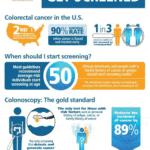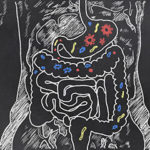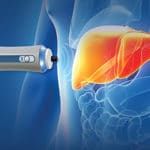 For some people, stocking up on gluten-free items may be a way to partake in the latest diet trend, but for those who suffer from celiac disease, it’s a medical necessity.
For some people, stocking up on gluten-free items may be a way to partake in the latest diet trend, but for those who suffer from celiac disease, it’s a medical necessity.
September 13 is Celiac Disease Awareness Day, a time to shed light on a disease that affects 1 in 141 people in the U.S. Those with celiac disease, sometimes called sprue or coeliac, have an immune reaction to eating gluten, a protein found in wheat, barley and rye. The gluten triggers an immune response in the small intestine that, over time, can cause damaging inflammation to the intestinal lining and prevent the absorption of some nutrients (malabsorption).
While the classic signs of celiac disease are diarrhea and weight loss, many people experience few, if any, digestive symptoms and the disease often goes undiagnosed. Other signs of the disease include fatigue or paleness (resulting from anemia), bloating, loss of bone density (osteoporosis) or an itchy, blistery skin rash (dermatitis herpetiformis). In children, malabsorption can affect growth and development.
The cause of celiac disease isn’t known and it can afflict anyone; however, it tends to be more common in people who have type 1 diabetes, microscopic colitis or who have a family member with celiac disease.
Although there’s no cure for celiac disease, diet and nutrition play a major role in treating and managing it. Most people who follow a strict gluten-free diet can help alleviate their symptoms and promote intestinal healing. Fortunately, there are numerous products, support and resources available (see list of links below) to help you live a gluten-free life, while still maintaining a balanced diet.
The board-certified gastroenterologists at Northeast Digestive Health Center can diagnose and treat a variety of digestive conditions and related diseases, including celiac disease. A blood test can show elevated levels of certain antibodies that can detect celiac disease even if you have few or no symptoms.
Eliminating gluten from your diet prior to diagnosis may change the result of blood tests, so it’s important to be tested before trying a gluten-free diet. Your physician also may order an endoscopy to view your small intestine. If you’re experiencing symptoms or have concerns or questions about your digestive health, contact us today.
Celiac Disease Sources & Additional Resources:



